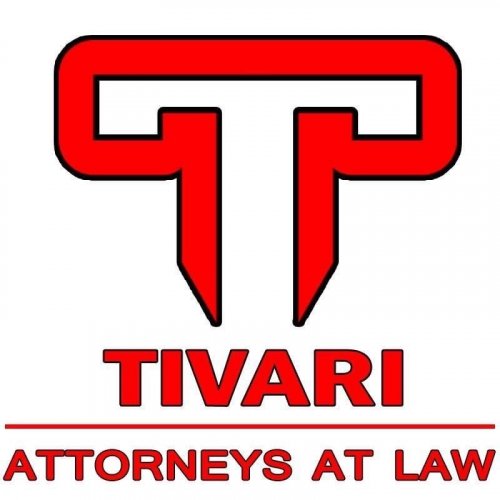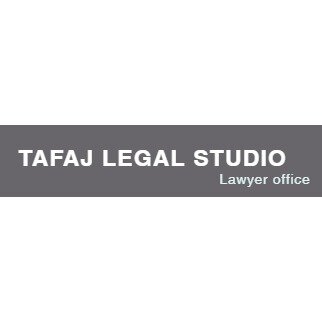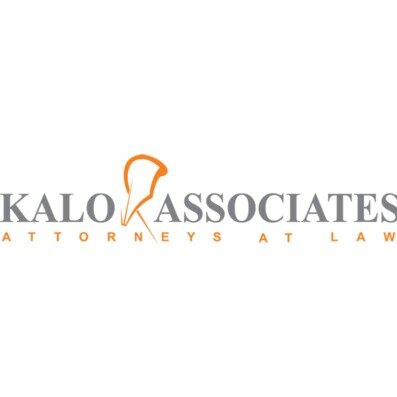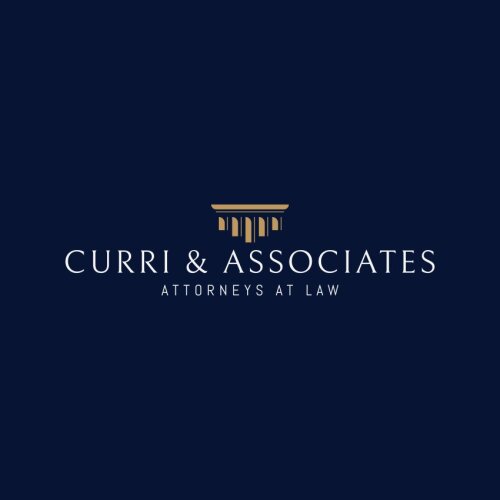Best Tax Increment Financing Lawyers in Albania
Share your needs with us, get contacted by law firms.
Free. Takes 2 min.
Or refine your search by selecting a city:
List of the best lawyers in Albania
About Tax Increment Financing Law in Albania
Tax Increment Financing (TIF) is a public financing method that is used as a subsidy for redevelopment, infrastructure, and other community improvement projects in many countries. In Albania, TIF is used to support urban renewal projects by capturing the future tax benefits of the increased property values to fund current improvements. The legal framework for TIF in Albania is designed to foster economic development in underdeveloped or specific regions by incentivizing private investment through public-private partnerships.
Why You May Need a Lawyer
There are several instances where consulting a lawyer is advisable for those dealing with Tax Increment Financing in Albania:
- When you are interested in engaging in a TIF project and need to understand your legal obligations or rights.
- If you are a developer or investor looking to utilize TIF for a project and require legal structuring advice.
- When negotiating terms with municipalities or other governmental bodies concerning TIF projects.
- If you encounter disputes or legal issues related to taxation or property rights during a TIF project.
- For interpretation and guidance on the compliance with local laws and regulations pertaining to TIF.
Local Laws Overview
Albanian TIF regulations focus on promoting infrastructure and urban development projects by leveraging future tax revenues. Key aspects of local laws relating to TIF in Albania include:
- The legal framework allows municipalities to designate specific areas as TIF districts for redevelopment.
- There are specific eligibility criteria and approval processes for initiating a TIF project.
- Provisions and guidelines detail how the increment in tax revenues is calculated and utilized.
- Law stipulates the types of projects that qualify for TIF funding, like transportation, housing, and public amenities.
- Regulations ensure transparency and accountability by requiring regular reporting and monitoring of TIF project outcomes.
Frequently Asked Questions
What is Tax Increment Financing (TIF) in Albania?
TIF in Albania is a funding mechanism for public projects that uses expected future tax increases generated by the improvements to fund current spending on those improvements.
Who can initiate a TIF project in Albania?
Typically, local municipalities initiate TIF projects, but they are often done in partnership with private developers or investors interested in urban redevelopment.
What types of projects qualify for TIF in Albania?
Projects that generally qualify for TIF include infrastructure improvements, housing developments, transportation facilities, and environmental sustainability projects.
How are TIF districts designated?
Municipalities in Albania designate TIF districts based on the potential for increased property values and the need for redevelopment or improvement in the area.
Can a TIF district span multiple municipal boundaries?
Yes, TIF districts can be designed to span multiple municipal boundaries if the project spans these areas, subject to agreements and coordination between the involved municipalities.
How long does a TIF district last?
The duration of a TIF district in Albania typically aligns with the length of time needed to repay the initial project investments, which often ranges from 10 to 25 years.
Are there risks involved with TIF projects?
Yes, like all investments, TIF projects carry risks such as project delays, cost overruns, and the possibility that increased tax revenues may not meet expectations.
How are the funds from increased tax revenue used?
The incremental revenue is used to repay the original investment used for the improvements; any excess can be used for other public benefit projects in the district.
Do TIF projects raise taxes for residents?
TIF itself does not increase taxes; instead, it harnesses the additional tax revenue resulting from higher property values due to successful redevelopment.
What happens when a TIF district ends?
Once a TIF district expires or its financial obligations are met, any additional property taxes from increased property values flow back to the general budget of the local governmental bodies.
Additional Resources
For further information on Tax Increment Financing in Albania, consider consulting the following resources:
- Albanian Ministry of Finance and Economy: Provides guidance and legislation about TIF initiatives.
- Local municipal offices: Offer detailed information on local TIF projects and regulations.
- The European Bank for Reconstruction and Development (EBRD): Occasionally funds and provides support to municipal TIF projects.
- Economic development NGOs: Often have insights and resources on urban redevelopment and financing methods like TIF.
Next Steps
If you require legal assistance with Tax Increment Financing in Albania, consider the following steps:
- Consult with legal professionals who specialize in taxation and public finance law.
- Reach out to local government entities to gather detailed information about specific TIF districts and projects.
- Schedule a consultation with experts in real estate and urban development law to understand your position better.
- Engage with financial advisors to evaluate the financial feasibility and risks related to TIF projects.
Having the right legal and financial support can ensure successful navigation through TIF laws and maximize the opportunities available through this financing tool.
Lawzana helps you find the best lawyers and law firms in Albania through a curated and pre-screened list of qualified legal professionals. Our platform offers rankings and detailed profiles of attorneys and law firms, allowing you to compare based on practice areas, including Tax Increment Financing, experience, and client feedback.
Each profile includes a description of the firm's areas of practice, client reviews, team members and partners, year of establishment, spoken languages, office locations, contact information, social media presence, and any published articles or resources. Most firms on our platform speak English and are experienced in both local and international legal matters.
Get a quote from top-rated law firms in Albania — quickly, securely, and without unnecessary hassle.
Disclaimer:
The information provided on this page is for general informational purposes only and does not constitute legal advice. While we strive to ensure the accuracy and relevance of the content, legal information may change over time, and interpretations of the law can vary. You should always consult with a qualified legal professional for advice specific to your situation.
We disclaim all liability for actions taken or not taken based on the content of this page. If you believe any information is incorrect or outdated, please contact us, and we will review and update it where appropriate.
Browse tax increment financing law firms by city in Albania
Refine your search by selecting a city.

















